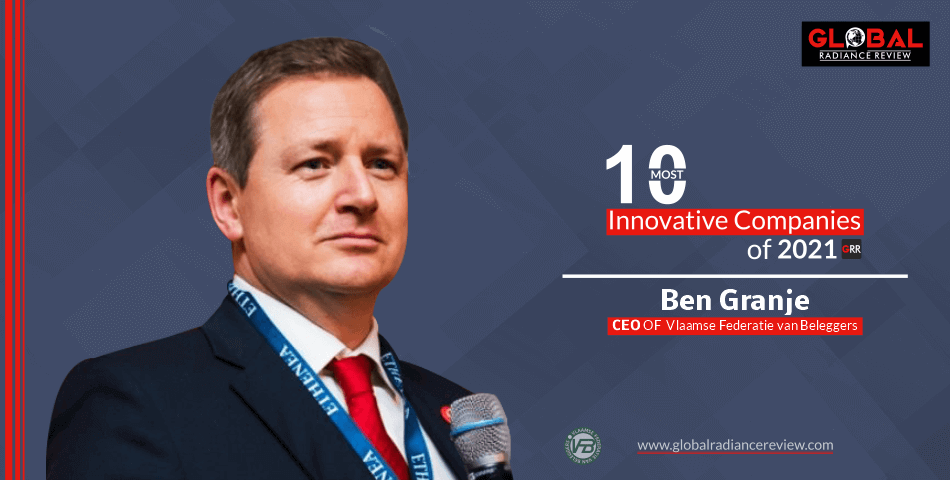I Magine have an association with a platform that assists you in installing DevOps software but also provides 24/7 free customer support. It can seem like a dream for many, but with the Duplo Cloud, your dreams can come true!
Your DevSecOps specialist, DuploCloud’s no-code/low-code software platform shortens time-to-market by converting high-level application requirements into intricate, fully managed cloud setups. The platform automatically generates and provisions all of the required Infrastructure-as-Code for your application using best practices for security, availability, and compliance standards, thanks to pre-programmed knowledge of over 500 cloud services. The following services are known to be provided by them:
● Fully automated cloud orchestration and provisioning
● Put security frameworks into place in days, not months!
● Infrastructure as code adoption is ten times more rapid
● Reduced cloud operational costs by 75%
● 24-hour continuous compliance monitoring
Venkat Thiruvengadam, the company’s founder and CEO, has worked incredibly hard to bring the following figures to life:
● Thousands of Hosted Workloads
● 20+ Certifications of Compliance
● Over 500 Cloud Integrations
● Self-Service Deployments of More Than 3 Million
In addition, they were presented with the 17th annual 2022 Govies Government Security platinum award and 2022 annual IT World silver medal winner for Globee® business awards.
What do you get?
Self-service for developers with guardrails
The DevOps automation software platform from DuploCloud provides gated developer self-service. Automated network, compute, storage, container provisioning and orchestration, continuous compliance, and round-the-clock support.
Implementing compliance in weeks rather than months
Are you having trouble locating DevOps engineers? By natively integrating security controls into SecOps workflows, including monitoring and alerting for PCI-DSS, HIPAA, SOC 2, and GDPR, the platform offers a secure and compliant infrastructure out of the box, accelerating time to compliance.
Automated Cloud Migration at 10x the Speed
With our straightforward subscription pricing approach, you can quickly move applications from on-premises to the cloud or from cloud to cloud while minimizing downtime with seamless automation.
IDP for Cloud Operations and Deployment
Spending months creating and maintaining an internal automation platform can be avoided. Instead, cloud infrastructure is provided via DuploCloud’s all-in-one DevOps automation platform, which also offers ongoing monitoring, alerting, and reporting.
Exclusive inclusion of premium support and Onboarding available!
Your subscription includes our Onboarding and premium support, including enterprise-grade operational practices needed in regulated industries, round-the-clock security and operations center, help with containerization, help integrating application deployments into a CI/CD framework, and more.
● Management of incidents
● Auditor participation
● check the health of an application
● White paper on Customer-facing Security
Flexible pricing plans to suit your needs!
● DevOps $2,000 Monthly pricing | First 25 Nodes*
Deploy applications automatically Automates VMs, DBs, ES, and 50+ more services on the AWS/AZURE/GCP Services Platform Container-based, Serverless, and Cubeflow/ETL App Deployment Monitoring, logging, and alerting Build, Deploy, DAST, SAST: CI/CD Best practices and fundamental controls for security
● DevSecOps $3,500 Monthly pricing | First 35 Nodes*
Controls for security and compliance includes all DevOps compliance elements, such as SOC 2, ISO 27001, HIPAA, and GDPR Security measures include a SIEM solution, vulnerability assessments, encryption, virus scans, and penetration tests. Audit & Reporting: IT Questionnaires, Audit Evidence White paper on Customer-facing Security
● DevSecOps PLUS $6,500 Monthly pricing | First 75 Nodes*
Regulatory Standards of the Future Includes all DevSecOps cloud and on-premises functionalities. NIST, PCI, and HITRUST compliance
● Enterprise Support Add-on Services
Containerization, IAC, migrations, and managed operations all comply with FedRAMP.
Commonly asked questions about DevOps.
1. How do you define DevOps?
DevOps is a shortened phrase that combines the “Development” and “Operations” techniques of IT software development. It first appeared in the middle of the 2000s, when IT professionals searched for effective and cutting-edge ways to automate and hasten the software delivery process. A significant break from the “silos” of the past, DevOps acts as a change agent by fostering a culture of cooperation and information sharing throughout the enterprise.
The DevOps cultural trend is now pervasive throughout the technical community and cannot be limited to just software development. Its range of use has engulfed product engineering services, numerous “Internet of Things” gadgets, and cloud-enabled services, leading to the metonym CloudOps.
2. Why is DevOps necessary or why is DevOps important?
The operations team takes care of the code’s systems while the developer community works on software development, which is all about writing, implementing, testing, and rewriting code. In addition, they focus on issues such as how much processing power the software will require, how to make it secure, how to make it operate effectively, and how to maintain it operational.
When these two teams work on the same system yet have distinctly different operating philosophies, DevOps is required. DevOps teaches developers and operations groups how to collaborate through a new working method.
With DevOps, operations workers integrate many of the developer’s methods into their systems. In addition, using shared methodologies and practices, DevOps paves the path for operations and development personnel to collaborate.
3. How do DevOps in IT and the Internet of Things (IoT) vary?
The most significant distinction is that, in contrast to pure-play IT, dealing with software codes is all that is required. You need to consider physical components, devices, and pre-existing legacy systems when using DevOps for IoT developments. These factors add an extra layer of complexity to the overall automation process.
Additionally, there are particular difficulties at each stage of the project, such as a fragmented development pipeline with small teams, automated Build-VerificationTest (BVT) plans, a greater reliance on legacy systems, an uncoordinated release cadence, and the conversion of the entire production environment into a single code (“environment as a code”).
4. Why is it so simple to expand DevOps into the realm of product engineering services?
The software running inside the electrical, industrial, and intelligent devices frequently visible in the Internet of Things era drives superior business intelligence (BI). This software must be regularly managed, tested, and updated in real time. Additionally, physical devices are interconnected, such as GPS, cameras, accelerometers, energy meters, medical devices, machine sensors, and a wide range of other gadgets. DevOps’s only approach currently in use uses simulators, virtual machines, remote monitoring, and firmware updates to help prepare for real-time failure scenarios.
-black.png)










